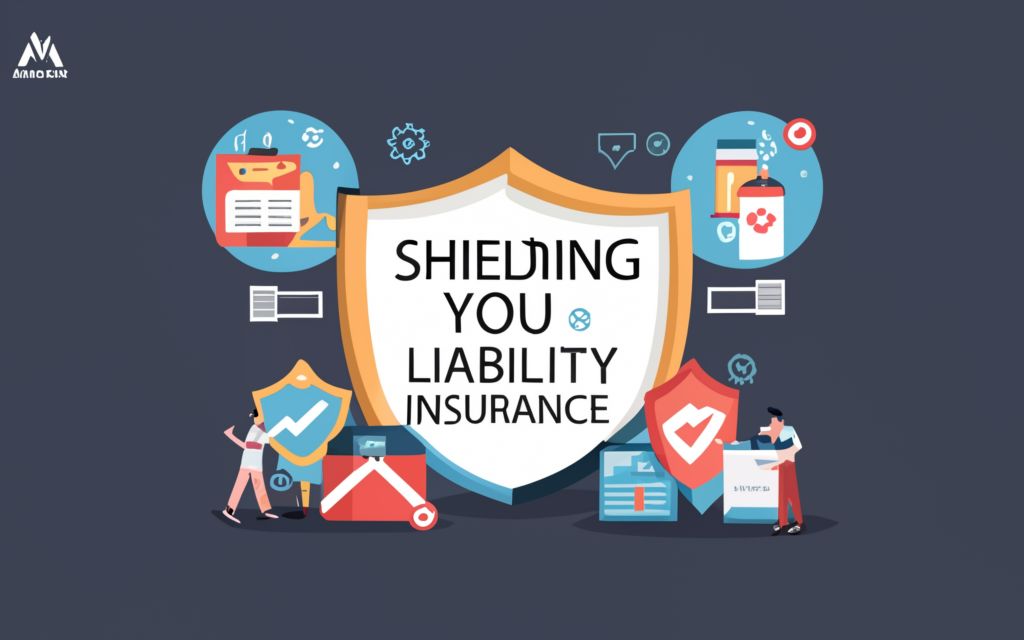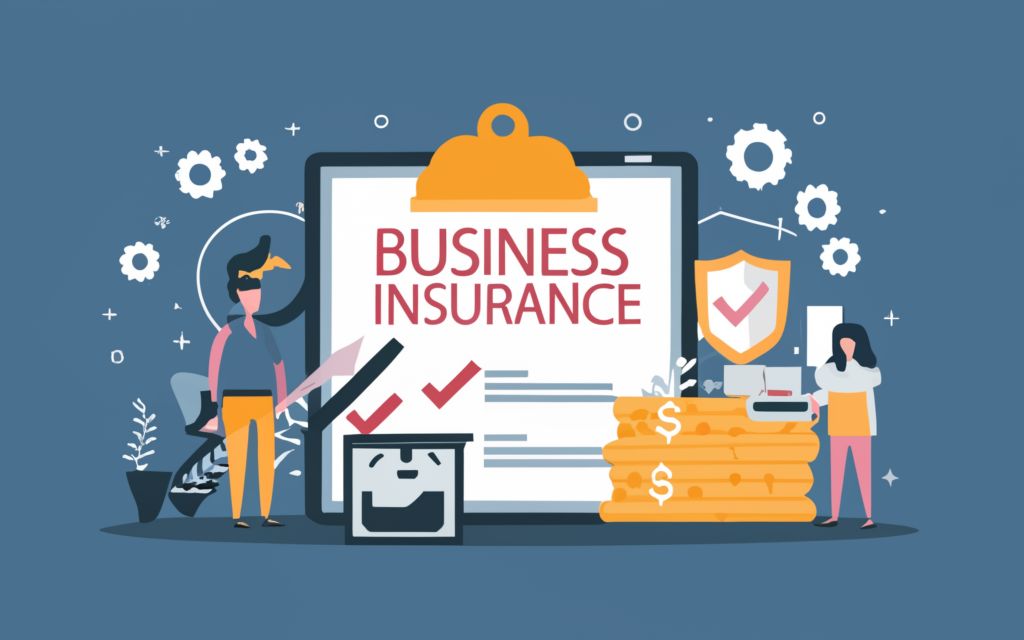In today’s litigious society, protecting yourself and your assets from legal risks is more important than ever. Whether you’re a business owner, homeowner, or driver, liability insurance provides essential coverage to shield you from the financial consequences of lawsuits and legal claims. From personal injury claims to property damage lawsuits, liability insurance offers peace of mind and financial security in the face of unexpected legal challenges.
Understanding Liability Insurance
Liability insurance is a type of insurance coverage that protects individuals and businesses from financial losses resulting from legal claims or lawsuits. It provides coverage for damages and legal defense costs in the event that you are found legally responsible for causing harm to others or damaging their property. Liability insurance policies typically include coverage for bodily injury liability, property damage liability, and personal and advertising injury liability.
The Importance of Liability Insurance
Liability insurance is essential for several reasons:
- Financial Protection: Without liability insurance, you could be personally responsible for paying damages and legal fees out of pocket, which could be financially devastating.
- Legal Compliance: In many cases, liability insurance is required by law, such as auto insurance for drivers or general liability insurance for businesses.
- Peace of Mind: Knowing that you have liability insurance in place can provide peace of mind, knowing that you are protected against the unexpected.
Types of Liability Insurance
There are several types of liability insurance, each designed to protect against different risks:
- General Liability Insurance: General liability insurance provides coverage for third-party claims of bodily injury, property damage, and personal and advertising injury. It is commonly purchased by businesses to protect against a wide range of potential liabilities.
- Professional Liability Insurance: Also known as errors and omissions insurance, professional liability insurance provides coverage for claims arising from professional services or advice. It is commonly purchased by professionals such as doctors, lawyers, architects, and consultants.
- Product Liability Insurance: Product liability insurance provides coverage for claims arising from injuries or property damage caused by defective products. It is commonly purchased by manufacturers, distributors, and retailers to protect against product-related liabilities.
- Public Liability Insurance: Public liability insurance provides coverage for claims arising from accidents or injuries that occur on your property or as a result of your business activities. It is commonly purchased by businesses that interact with the public, such as restaurants, retail stores, and event venues.
- Employers’ Liability Insurance: Employers’ liability insurance provides coverage for claims arising from injuries or illnesses suffered by employees in the course of their employment. It is commonly purchased by employers to comply with workers’ compensation laws and protect against employee lawsuits.
How Liability Insurance Works
When you purchase liability insurance, you pay regular premiums in exchange for coverage. If you are sued for causing harm to others or damaging their property, you can file a claim with your insurance company to receive coverage for damages and legal defense costs. The insurance company will investigate the claim, negotiate a settlement, and provide legal representation if necessary. The amount of coverage provided will depend on the limits of your policy, which may be expressed as a per-incident limit, an aggregate limit, or both.
Factors to Consider When Choosing Liability Insurance
When selecting liability insurance, it’s essential to consider the following factors:
- Coverage Limits: Choose coverage limits that are sufficient to protect your assets and financial well-being in the event of a lawsuit. Consider factors such as the value of your assets, the nature of your business or activities, and the potential severity of claims.
- Deductibles: Determine the amount of the deductible, which is the amount you must pay out of pocket before your insurance coverage kicks in. A higher deductible will lower your premiums but may increase your out-of-pocket expenses in the event of a claim.
- Exclusions: Review the policy exclusions to understand what is and isn’t covered by your insurance policy. Common exclusions may include intentional acts, professional negligence, and certain types of property damage.
- Premiums: Compare premiums from different insurance providers to find a policy that offers the best value for your budget. Consider factors such as the level of coverage provided, the quality of customer service, and the financial stability of the insurance company.
Conclusion: Protecting Yourself and Your Assets
In conclusion, liability insurance is a vital tool for protecting yourself and your assets from the financial risks of lawsuits and legal claims. Whether you’re a business owner, homeowner, or driver, liability insurance provides essential coverage to shield you from the potentially devastating financial consequences of accidents, injuries, and property damage. Don’t wait until it’s too late—invest in liability insurance today and safeguard your financial future.







Leave a Reply